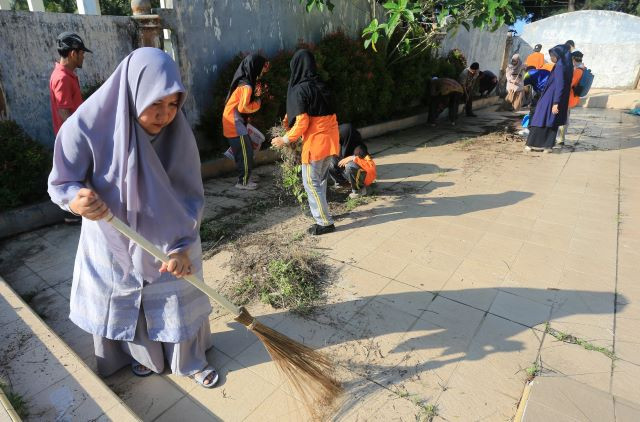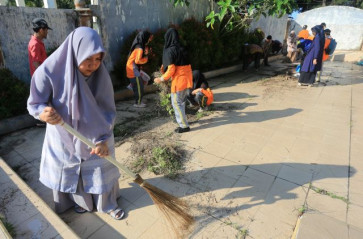Popular Reads
Top Results
Can't find what you're looking for?
View all search resultsPopular Reads
Top Results
Can't find what you're looking for?
View all search resultsFrom Aceh to Kanjuruhan: How prepared are we for disasters?
The ILC does not distinguish between natural, manmade or other types of disaster in its DAPPED, which is a progressive development that places the focus on the foreseeability of a disaster and thus, who is responsible for mitigation.
Change text size
Gift Premium Articles
to Anyone
o
day, we mark the 19th anniversary of the Aceh tsunami, possibly the most devastating disaster Indonesia has experienced over the past century, with hundreds of thousands killed, injured and missing.
Since the tsunami struck on Dec. 26, 2004, at least 10 major geophysical and manmade disasters have occurred in Indonesia with thousands of lives lost, unremembered.
The term “natural disaster” has been misused for centuries by those who have the responsibility to protect the lives that could have been saved if the proper mechanisms to prevent disaster event were in place. Yet somehow, our society has been made to believe that a “natural” disaster is an act of God, so there is nothing we can do to stop it from happening.
Tsunami, earthquakes and other movements of geophysical mass are hazards; they do not cause a disaster. An event becomes a disaster when the powerful groups expose us to those hazards, causing death and damage.
In the aftermath of the Aceh tsunami, debates on disaster prevention, known as disaster risk reduction, were accelerated at the international level, which resulted in the Hyogo Framework for Action 2005-2015 which was succeeded by the Sendai Framework on Disaster Risk Reduction 2015-2030. The Indonesian government has received technical assistance under this framework.
The United Nations’ International Law Commission (ILC) developed the Draft Articles on the Protection of Persons in the Event of Disasters (DAPPED) in 2006 to become international law. Interestingly, in DAPPED, the commission does not distinguish disaster events caused by geophysical mass movement, manmade or other technological disasters.
Not distinguishing between these causes means that sports disasters like the Kanjuruhan Stadium tragedy on Oct. 1, 2022 in Malang, East Java, will soon have the same legal status as disasters caused by tsunamis, earthquakes, volcanic eruptions or oil spills. Hence, the well-being of the persons attending sports events must be respected by the event organizers and protected by the government.



















